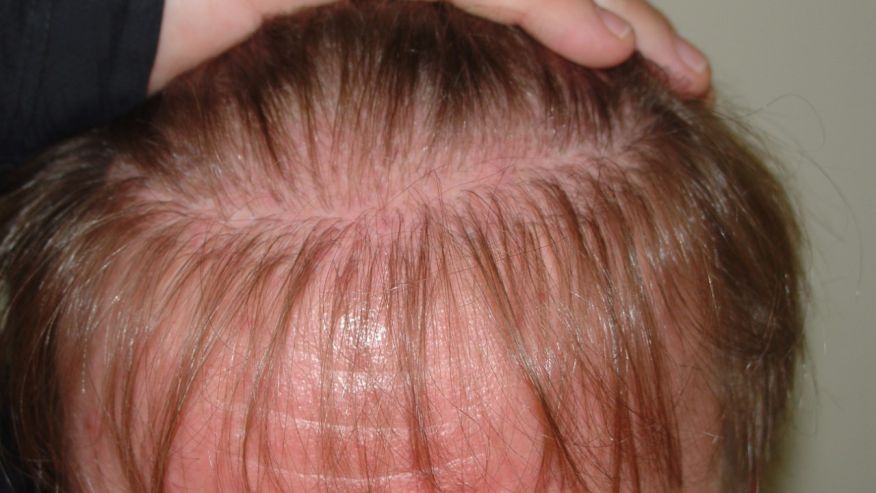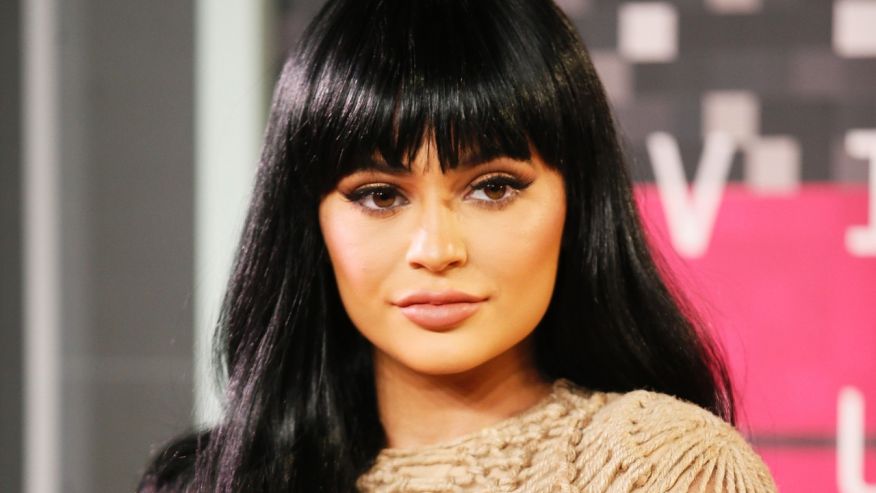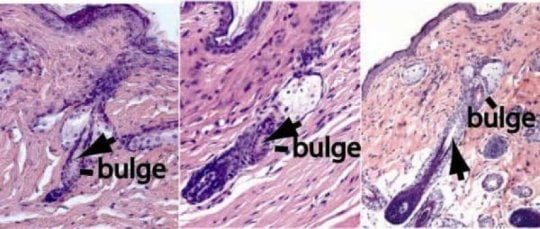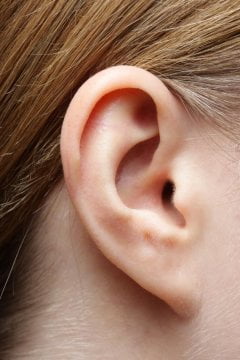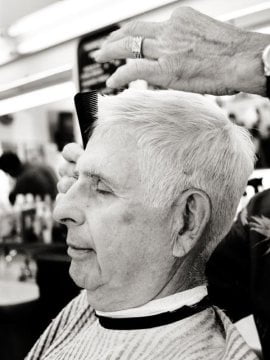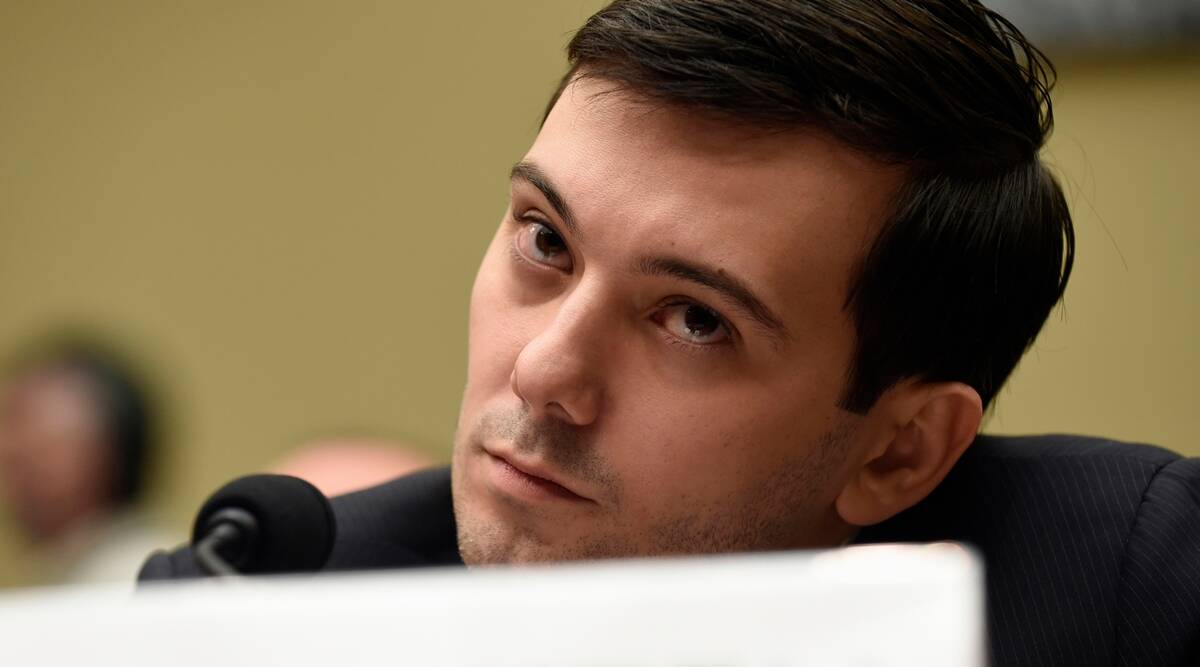
A manda Moore can still smell the room.
It was Jan. 26, 2016, and she was standing in a doctor’s office, listening to an explanation of why Jackson, her smiley toddler, might never walk, talk, or sleep through the night. He had Angelman syndrome, a rare genetic disorder that causes seizures and severe cognitive impairment. There is no treatment.
“When you’re first diagnosed, the dream you had for your child kind of dies,” Moore said. “But you have to pick yourself back up and start living out the new dream for your child.”
That dream grew a bit more hopeful last August when Ovid Therapeutics, a small biotech company focused on rare neurological disorders, said Angelman patients treated with its investigational drug saw their symptoms improve compared to those on placebo. It was a small trial, enrolling 88 patients, but it hinted at an unprecedented therapy that could change Jackson’s life.
But where Moore — and Ovid — saw a promising result, Wall Street saw a litany of red flags.
That story took another turn over the weekend at the nation’s largest gathering of neurologists, where a detailed look at the same Ovid data was featured on a dais reserved for only the most groundbreaking research in the field.
“I was taken aback by the importance of the work you’re doing, highlighting the spectrum of developmental disorders that begin in childhood,” said Dr. Natalia Rost, a neurologist at Massachusetts General Hospital. Rost, who was not involved in Ovid’s trial, leads the science committee at the American Academy of Neurology, and she selected OV101 as one of three breakthroughs to highlight at the organization’s annual meeting in Philadelphia.
The debate over whether OV101 is a beacon of hope or a scientific nonstarter comes down to the metric Ovid chose to measure its benefits.
It’s called the clinical global impressions of improvement, or CGI-I, and it’s a seven-point scale doctors use to score whether patients are generally improving. According to Ovid, that makes it ideal for a disease like Angelman, in which patients’ symptoms can dramatically vary in both type and severity. One may struggle to sleep but be able to walk; another might be virtually immobile but have some speech skills.
That’s also why, according to Ovid, OV101 didn’t show a significant benefit on those 16 measures of individual symptoms. CGI-I, in which physicians add up patient scores on nine separate symptoms, provides a more holistic look at a complicated disease, the company said.
“That’s a doctor saying, ‘Overall, my clinical impression is this kid did better,’” said Dr. Alex Kolevzon, a pediatric psychiatrist at Mount Sinai who has consulted for Ovid. “Among the measures [used in the trial], CGI-I was the one that was unique and worth elevating to the primary.”
Dr. Jeremy Levin, Ovid’s CEO, concedes that his company could have explained itself better back in August. CGI-I is not a well-known metric in drug development. And Angelman, which affects just a few thousand patients in the U.S., had never been the target of drug development, meaning people on Wall Street had likely never heard of it.
“Just imagine if a never-before-known disease had a clinical trial, and the poor analysts, who are inundated with gene therapy and immuno-oncology and other things, had to suddenly learn about a new disease and new endpoint,” Levin said. “That’s very tough for them. And I understand that.”
Ovid’s shrinking stock price has not slowed its work on OV101. Since October, the company has met with the FDA and mapped out a second study that will enroll about 60 Angelman patients under the age of 12. Later this month, Ovid expects to the FDA to give its blessing on using CGI-I as the study’s primary measure of success, and the company plans to start treating patients before the end of the year. If Ovid sees a similar result to the last trial, Levin believes OV101 should be approved.
“Our constituency right now is the FDA, the families, and the physicians,” Levin said. “If we can prove to them we have a drug, we feel strongly that the market will follow eventually.”
Meanwhile, as Ovid got its AAN ovation in Philadelphia on Sunday, the Moores were in Indianapolis, celebrating Jackson’s fourth birthday.
In the three years since that day in the doctor’s office, Amanda Moore has gone from the despair of the diagnosis to becoming the CEO of the Angelman Syndrome Foundation, a group that provides resources to families and issues research grants.
Jackson is now in preschool. He does not speak, but he can walk with some assistance. He’s at his happiest in water, and he’s been swimming since before he could take a step.
The Moores, like many Angelman families, have watched the Ovid story play out with cautious excitement. Even a modest benefit — a few more hours of sleep, an easier time using a straw — would be a welcome change for their angels, as Angelman parents call their kids.
“All I can say is that we have hope,” Moore said.
[“source=statnews”]

